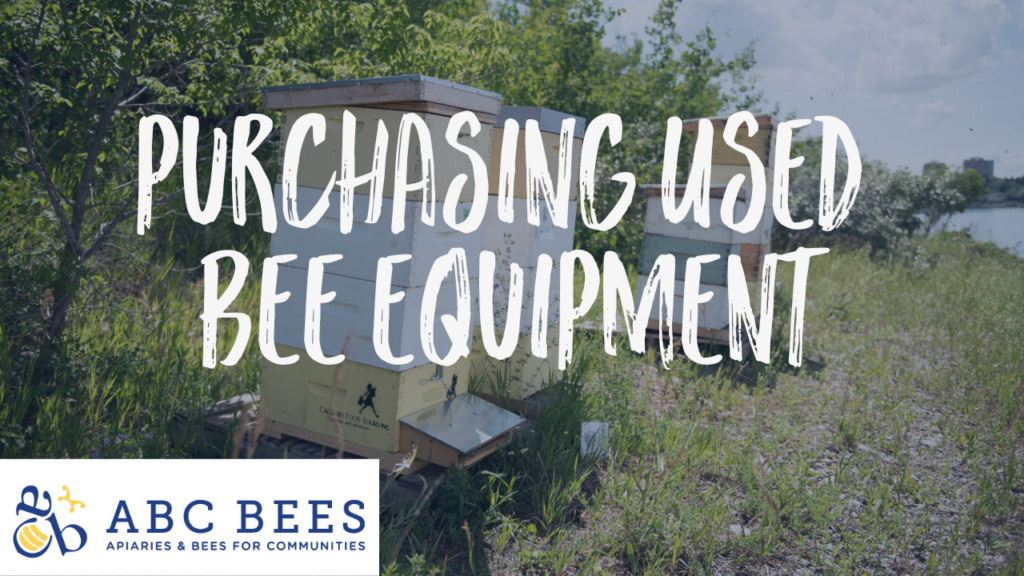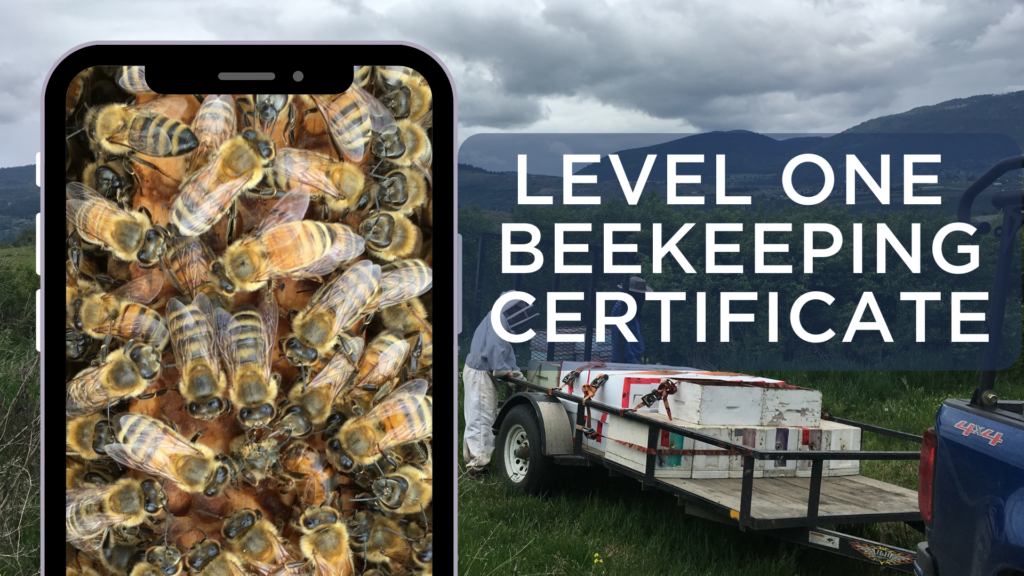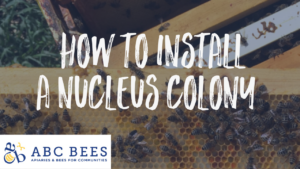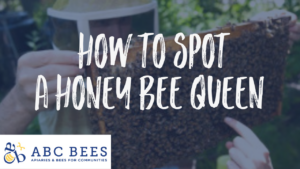Outcomes
Learners will assess the risks associated with used beekeeping equipment and recognize the advantages of investing in new gear.
Key Takeaways
Used beekeeping equipment may have structural weaknesses that can compromise bee colony safety.
Previous bee colonies housed in used equipment may have faced health issues, leaving behind hidden threats of disease.
Buying used equipment means inheriting the unknown history of the previous owner’s experience, potentially leading to recurring problems.
Investing in new beekeeping equipment offers advantages like quality assurance, durability, and compliance with regulations.
Embarking on the journey of beekeeping can be both exciting and daunting, especially when it comes to choosing the right equipment. One crucial decision beekeepers face is whether to purchase new or used equipment. In this blog post, we will explore the pros and cons of buying used beekeeping equipment, helping you make an informed decision as you begin your beekeeping adventure.
Purchasing Used Equipment
When starting with beekeeping, the allure of buying used equipment is often associated with cost savings. While it may seem like a more economical option, there are significant considerations to keep in mind before opting for used beekeeping gear.
Cost Savings: The primary advantage of buying used equipment is the potential cost savings. Used beekeeping gear is usually more affordable than new items, making it attractive to beginners on a budget.
Immediate Availability: Used equipment can be readily available for purchase, allowing you to start beekeeping sooner than if you were waiting for new items to arrive.
Seasoned Equipment: Some used equipment might already have a seasoned appearance, which can give the impression of being well-tested and proven in the field.
However, several significant drawbacks come with buying used beekeeping equipment:
Disease Risk: One of the most critical concerns with used equipment is the risk of disease transmission. Bees may have previously inhabited the equipment, and any remnants of brood or honey left behind could carry diseases that pose a threat to your new colonies.
Unknown History: When purchasing used equipment, you might not know its full history. Understanding why the previous beekeeper abandoned the equipment or why the bees died could be crucial to ensuring a successful start to your beekeeping venture.
Quality and Durability: Used equipment may have wear and tear, and its structural integrity might be compromised. It is essential to thoroughly inspect the used items to ensure they are still in good condition and can withstand the demands of beekeeping.
Legal Issues: Some regions may have regulations that prohibit or restrict the use of used beekeeping equipment. Make sure to check local laws and regulations before purchasing second-hand gear.
Learning Experience: Starting from scratch with new equipment can provide valuable learning experiences, allowing you to build your knowledge and skills alongside your bee colonies.
While buying used beekeeping equipment might offer initial cost savings and immediate availability, it comes with significant risks and potential downsides. Disease transmission, unknown history, and compromised quality can impact your beekeeping experience negatively. If you decide to purchase used equipment, be diligent in inspecting its condition and ensure compliance with local regulations.







